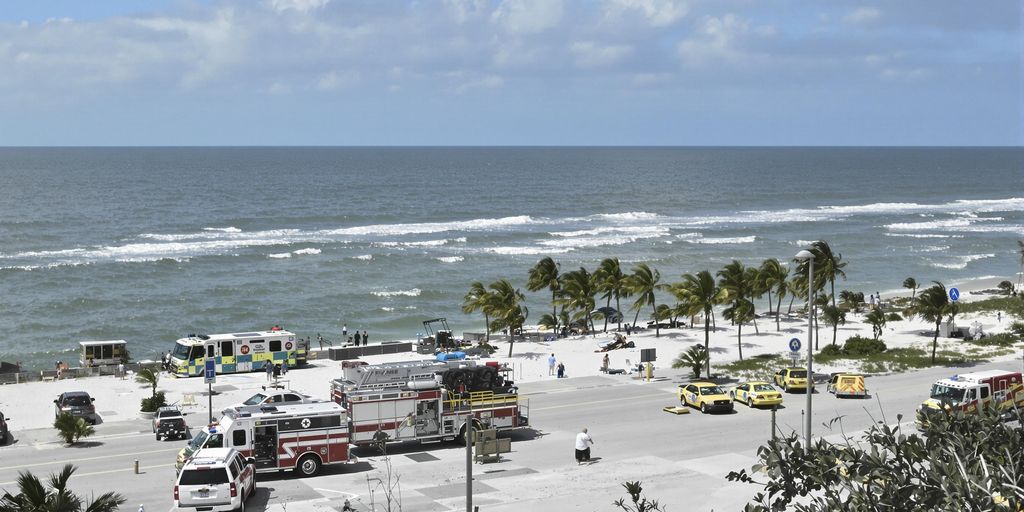Governor Ron DeSantis has signed Florida’s 2025 Senate Bill 180 into law, ushering in significant changes to the state’s approach to disaster preparedness and recovery. This legislation aims to streamline processes, enhance protections for residents, and bolster long-term resilience against natural disasters like hurricanes.
Key Takeaways
- Tenant rights are strengthened, ensuring access to belongings from damaged properties.
- Local governments face new restrictions on imposing post-storm building regulations.
- Homeowners benefit from eased impact fee requirements and expanded homestead protections.
- Emergency management coordination and transparency are improved.
- Long-term resilience strategies and fee relief measures are introduced.
Tenant and Homeowner Protections
Senate Bill 180 introduces crucial protections for both tenants and homeowners navigating the aftermath of natural disasters. Landlords are now mandated to provide tenants with access to retrieve personal belongings from damaged homes. For homeowners, the law prohibits municipalities participating in the National Flood Insurance Program (NFIP) from implementing cumulative substantial improvement periods, often referred to as "look-back periods." Additionally, new impact fees will not be levied on replacement structures that do not increase demand on public services, and homestead protections are expanded.
Enhanced Emergency Management and Recovery Coordination
The new law emphasizes a more transparent and coordinated emergency management system statewide. Counties and municipalities are required to develop annual post-storm permitting plans, establish open permitting offices following storms, and publish recovery guides online. Emergency managers must participate in annual readiness sessions and meet minimum training hour requirements. The state will also be responsible for publishing annual reports detailing emergency expenditures and assets, increasing accountability.
Furthermore, access to special needs shelters is improved by allowing caregivers and their dependents to shelter together. Agencies are also directed to provide more comprehensive information to vulnerable residents regarding their available options during emergencies.
Long-Term Resilience and Fee Relief
From a long-term perspective, SB 180 establishes a new interagency coordinating group tasked with assessing and mitigating risks associated with flooding, extreme heat, wildfires, and other hazards. The Department of Environmental Protection will compile detailed reports on flood-prone infrastructure across Florida. The bill also provides relief by freezing post-storm permit fee increases for 180 days and aims to streamline the federal disaster aid process, marking a significant shift in the state’s disaster recovery and preparation strategies.


